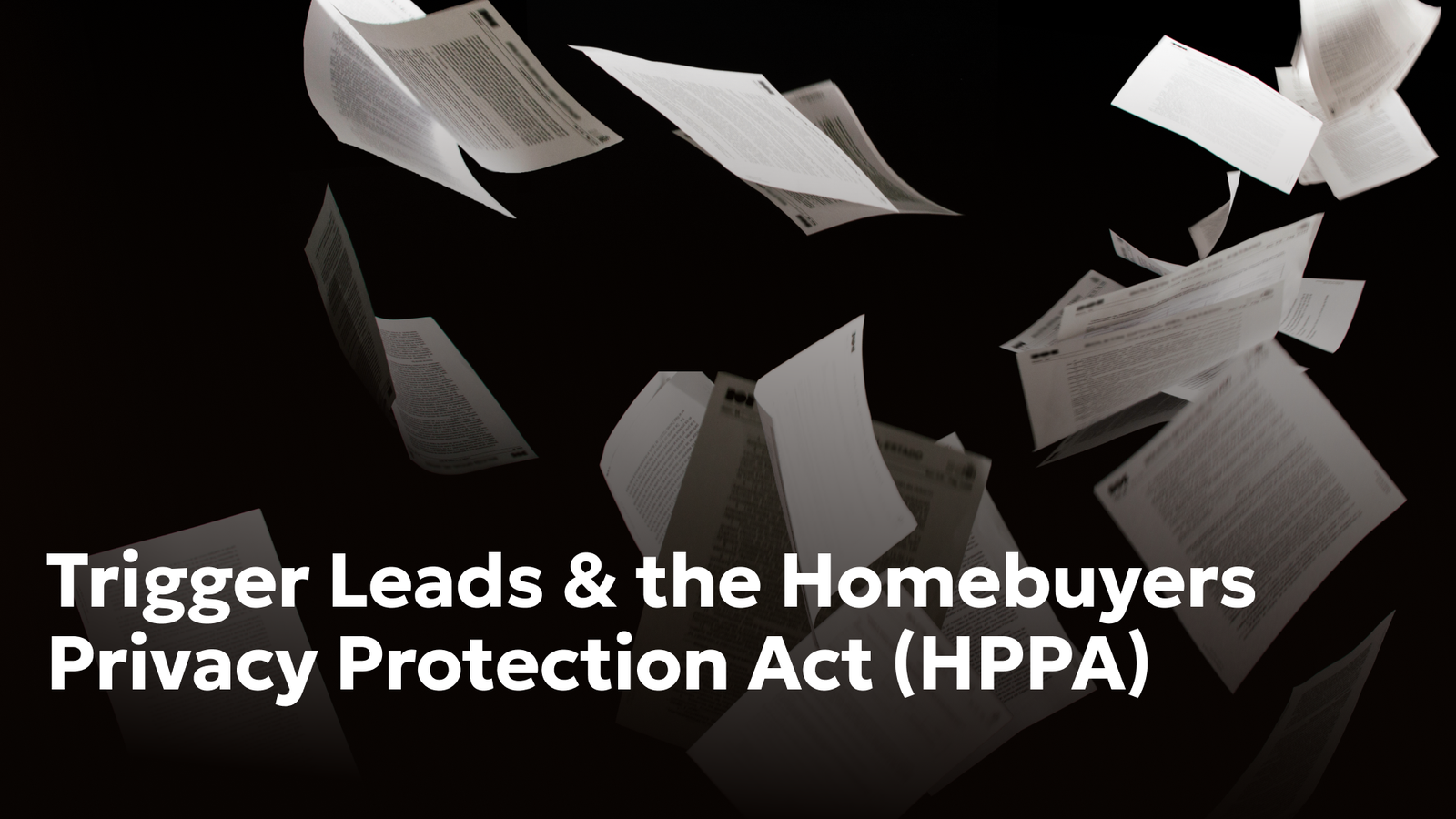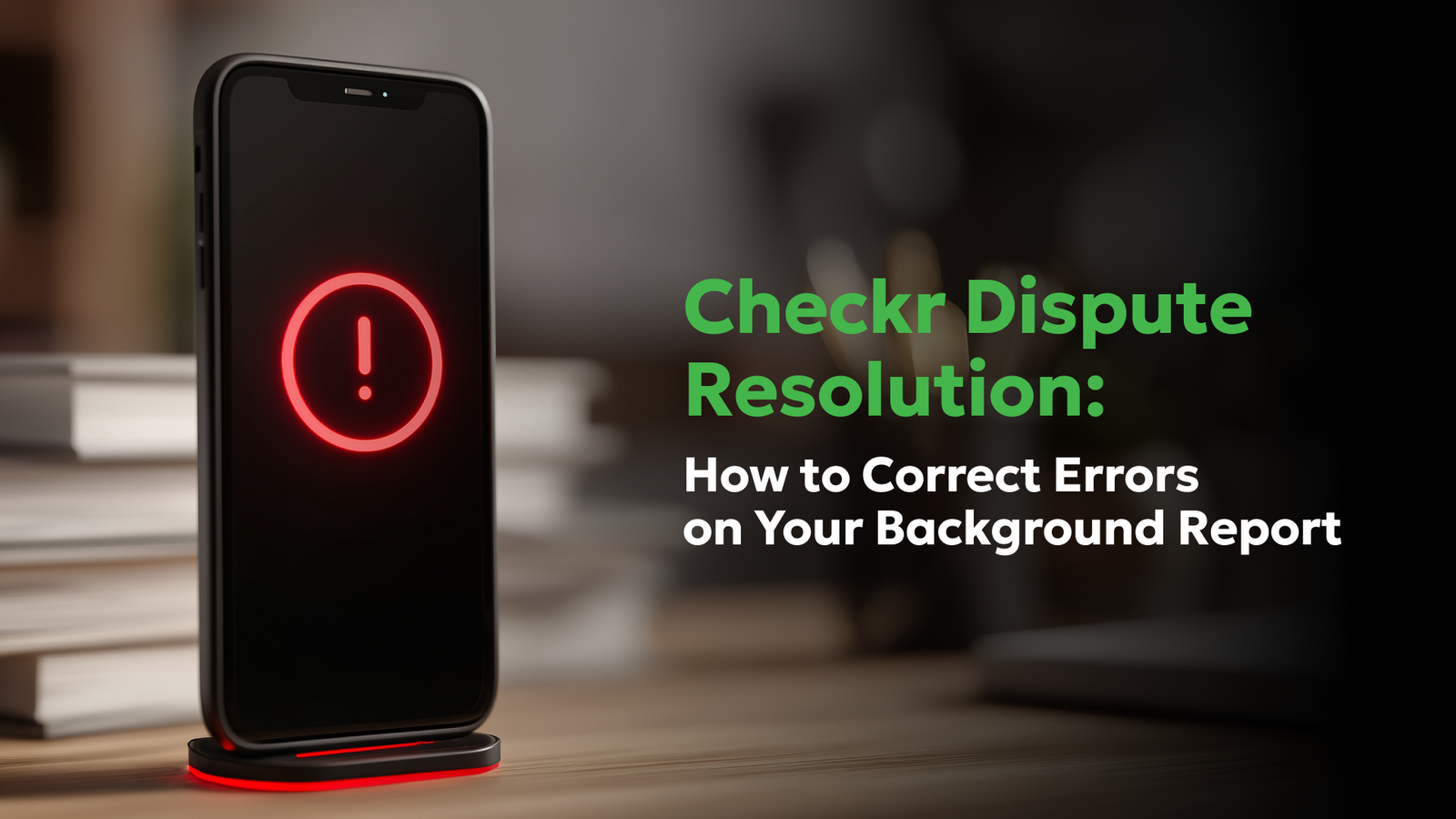What is a credit card hardship program?
- Blog
- All about FCRA
What is a credit card hardship program?

It can help you out in tough times
A credit card hardship program can keep your credit card payments going during hard times.
Life gets hard sometimes. You could lose your job, suffer a pay cut, contract a serious illness, go through divorce, have a family emergency, suffer a natural disaster, or face any manner of financial setback. Such incidents can make it challenging for you to meet your regular financial obligations, such as paying your monthly credit card bills.
If you ever find yourself in such a situation, don’t despair; there’s light at the end of the tunnel. Try having a conversation with your credit card company to find out if they can help. They might actually want to.
This post discusses credit card hardship programs - one of the ways in which credit card companies aid their cardholders during tough times.
A credit card hardship program is a payment plan designed to support you in times of financial struggle. It helps you avoid defaulting and falling behind on your monthly card payments. Credit card hardship programs involve negotiations with your credit card issuers if they offer such a program. They offer relief that can make it easier for you to get back on your feet after anything from a personal emergency to a global one — credit card hardship programs proved extremely helpful to many at the peak of the pandemic.
A credit card hardship program offers a variety of benefits, including:
- Reduced interest rates
- Waived fees
- Deference of card payments
- Temporary reductions in your annual percentage rate
- Installment plans to pay off the balance over time
Benefits of credit card hardship programs
Credit card hardship programs offer immense advantages to those going through a financial rough patch. Some benefits of credit card hardship programs include:
- No damage to your credit history due to unpaid monthly credit card bills
- They provide relief, allowing you to attend to other financial obligations such as utilities, rent etc.
Cons of credit card hardship programs
As helpful as credit card hardship programs are, they have their downsides, too. Some notable issues include:
- Your balance on the card usually continues to accrue interest even if it is reduced.
- It could lead your credit card issuer to reduce your card limit or close your account.
- Your credit score could drop if that happens. This is because a reduced credit limit or removed credit profile increases your credit utilization ratio, as it reduces the length of your history.
Credit card hardship programs are necessary lifelines for those in financial distress. Just make sure you understand the implications from the start and make the most of it. If you need expert tips on what to do to boost your credit, contact us.


Daniel Cohen is the Founder of Consumer Attorneys. Daniel manages the firm’s branding, marketing, client intake and business development efforts. Since 2017, he is a member of the National Association of Consumer Advocates and the National Consumer Law Center. Mr. Cohen is a nationally-recognized practitioner of consumer protection law. He has a we... Read more
Related Articles




R
ONGS™You pay nothing. The law makes them pay.







